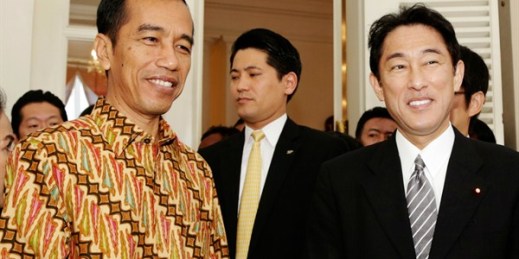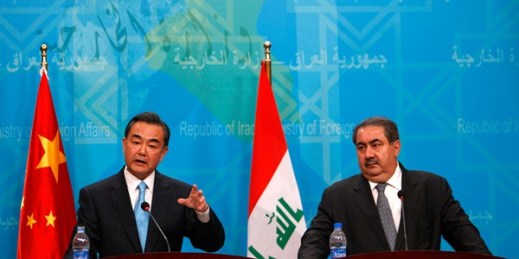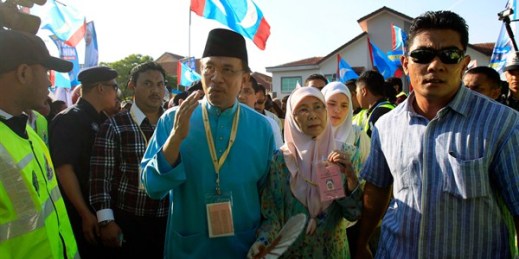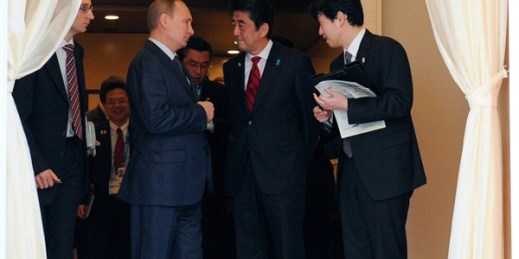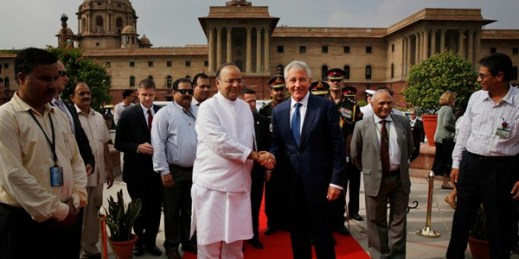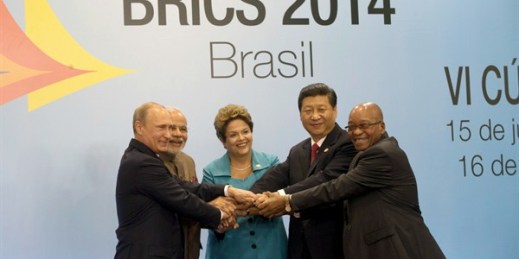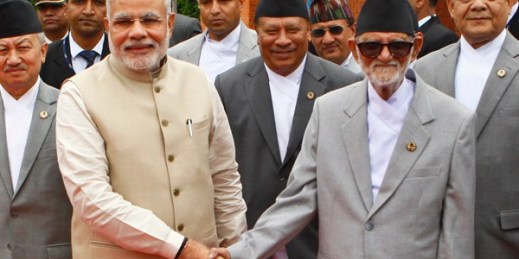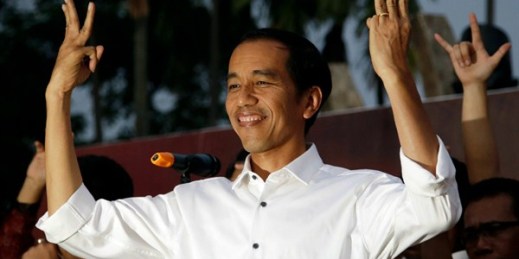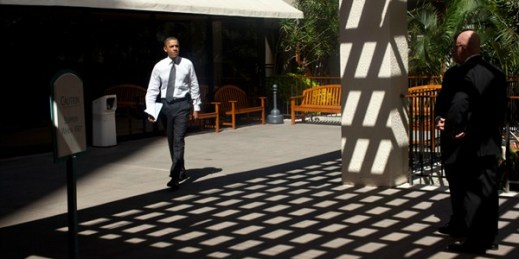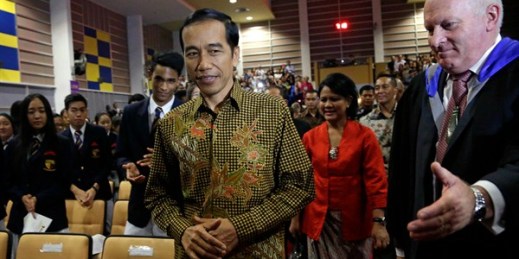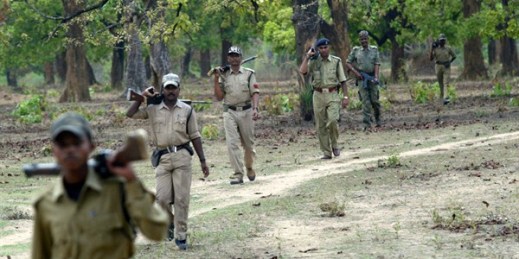
Two Indian police officers were injured over the weekend when Maoist insurgents detonated a landmine below their convoy. In an email interview, P.V. Ramana, a research fellow at the Institute for Defence Studies and Analyses in New Delhi, discussed the insurgency of Maoist groups, also known as Naxalites, and the Modi administration’s response. WPR: What is the current status of the Naxalite insurgency in India? P.V. Ramana: The Communist Party of India (Maoist) was banned in 2009 under the Unlawful Activities (Prevention) Act of 1967. The Maoist insurgents have a presence to varying degree—intense to negligible—in 182 districts across 20 […]

